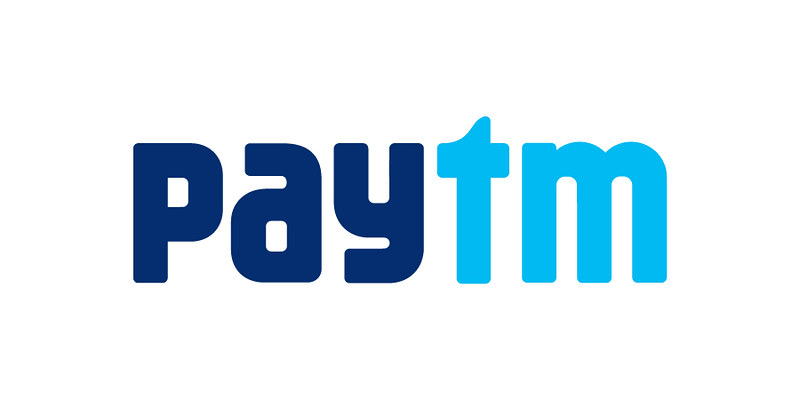Paytm Payments Bank Ltd (PPBL) faces an uncertain future following the Reserve Bank of India’s (RBI) decision to halt fresh deposits and top-ups from February 29, 2024. Additionally, One97 Communications, the entity behind Paytm services, has ceased all business transactions with PPBL. Although the RBI has not indicated license cancellation, industry sources speculate potential license revocation after the February deadline.
The RBI’s regulatory guidelines limit PPBL customer balances to Rs 2 lakh, and recent actions suggest serious charges against PPBL, potentially leading to license cancellation. The RBI’s Comprehensive System Audit and compliance validation reports highlighted persistent non-compliances and supervisory concerns.
The PPBL board comprised banking veterans, including AK Jain, former executive director of Punjab and Sind Bank, Manju Agarwal, former Deputy managing director of State Bank of India, and others. Despite their presence, KYC and data sharing issues persisted.
In October 2023, the RBI imposed a Rs 5.39 crore fine on Paytm Payments Bank for regulatory compliance deficiencies, including failure to identify beneficial owners, non-monitoring of payout transactions, and breaching regulatory ceilings.
According to the RBI directive, customers cannot deposit or add money to PPBL accounts after February 29, 2024. However, there are no restrictions on withdrawals from existing balances. Paytm reassures customers that existing balances are safe, while acknowledging operational disruptions for a few weeks.
Paytm President and COO, Bhavesh Gupta, anticipates a couple of weeks of disruption and an EBITDA impact in the lending business. Despite this, Paytm aims for full normalcy by early March. The company denies data transfer issues, clarifying that customer data resides with PPBL, and all business models are built on insights available within regulatory and legal bounds.
As the situation unfolds, the Paytm Payments Bank saga reflects challenges in regulatory compliance and operational disruptions, raising concerns about the bank’s future and potential implications for the broader fintech industry.
